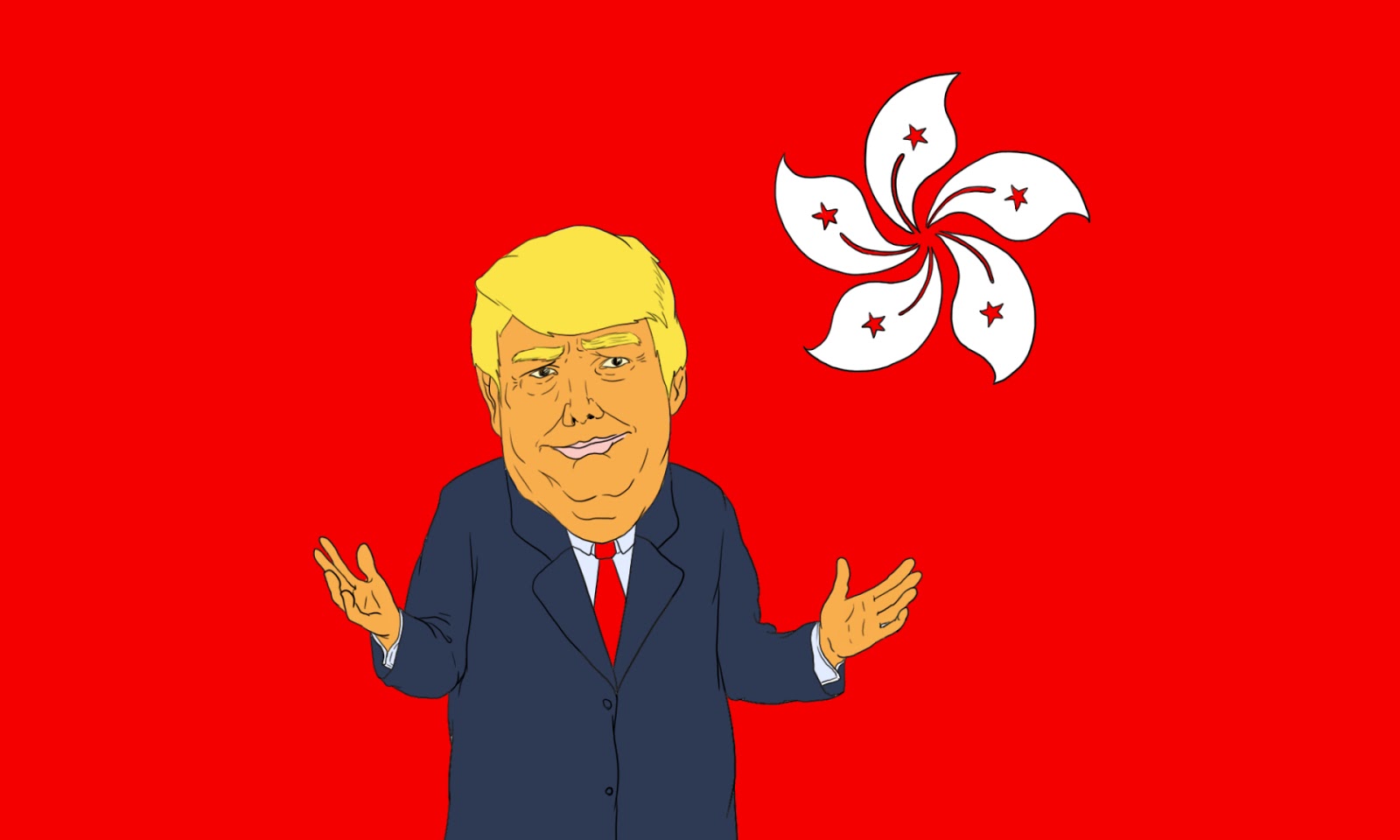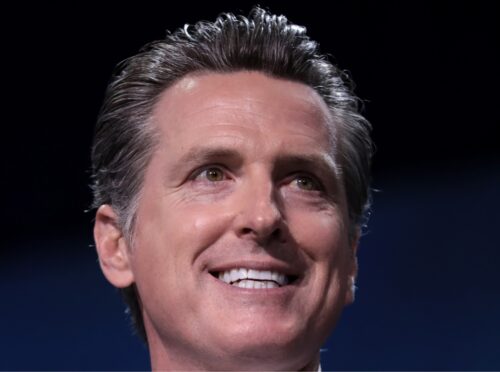Trump ends Hong Kong’s special status, declines to sanction top Chinese officials
U.S. President Trump signed a new law and an executive order denouncing China’s erosion of Hong Kong autonomy, authorizing sanctions on officials and banks, among other actions. However, he declined, for now, to sanction top Chinese officials such as Hong Kong’s Chief Executive Carrie Lam.

Yesterday evening, Donald Trump announced in a speech at the White House that he had signed the Hong Kong Autonomy Act of 2020, as well as an Executive Order on Hong Kong Normalization that ended the city’s special trading status with the U.S.
The new law and executive order accompanying it have many important implications. “Hong Kong will now be treated the same as mainland China,” Trump said, adding, “No special privileges, no special economic treatment, and no export of sensitive technologies,” the SCMP reports. The U.S. government is now intending:
- To enact “sanctions against Chinese officials and Hong Kong police seen as infringing on the city’s autonomy — and, crucially, any banks that make significant transactions with them,” per AFP.
- To end training for the Hong Kong police, which the executive order revealed had been happening through the Department of State’s International Law Enforcement Academies, to the surprise and outrage of some commentators.
- To “take steps to terminate the Fulbright exchange program” in Hong Kong and China, according to the executive order.
- To “reallocate admissions within the refugee ceiling” for Hong Kong — though under the Trump administration, all bets are off when it comes to refugee resettlement.
However, Trump himself seemed uninterested in discussing the situation in Hong Kong, or in explaining why he had signed an order directing the United States government to take these extreme measures to punish China. Instead, he “glossed over the specifics and said nothing about the pro-democracy protests in the city as he pivoted swiftly to his attacks on Biden, the presumptive Democratic presidential nominee,” the Washington Post reports.
- What followed was “one of the most rambling performances of his presidency,” according to the New York Times, in which he mentioned his domestic political rival 30 times and Chinese leader Xí Jìnpíng 习近平 exactly zero times, according to the transcript.
- Meanwhile, Trump’s top trade adviser, Peter Navarro, rather than publicly defending the significant change in Hong Kong’s trading status, has been pushing unproven coronavirus cures and attacking America’s top infectious disease expert.
Trump has also decided against sanctioning top Chinese officials, at least for now, according to Bloomberg:
Trump’s team had already created a list of Chinese officials, including Hong Kong Chief Executive Carrie Lam [林鄭月娥 Lín Zhèng Yuè’é] and Vice Premier Hán Zhèng 韩正, before Trump decided against the move, said two of the people who spoke on condition of anonymity. The president can still decide to move forward with the penalties even if he doesn’t do so now.
What happens next?
“In order to safeguard its legitimate interests, China will make [any] necessary response and sanction the relevant individuals and entities of the United States,” the Chinese Foreign Ministry said today, without providing specifics.
“Trump’s executive order does not mention tariffs,” the SCMP notes, but “by stripping the city of its special trading status, it has opened the door to duties on the small volume of goods shipped to America, experts said.” Another economic tool that was talked about — ending the Hong Kong dollar peg — was “dropped” from consideration recently due to concerns “that it would be difficult to implement and could end up hurting the U.S.,” Bloomberg reported.
Other countries are hesitant to change Hong Kong’s trading status.
- “Australia is refusing to join the United States and amend its free trade agreement with Hong Kong,” the Sydney Morning Herald reports.
- The European Union’s “likely steps will not amount to economic sanctions,” even though they are preparing some countermeasures for the recent national security law, per Reuters.
- “Should the U.S. decide to not recognize Hong Kong’s status at the WTO, it would require backing from a two-thirds majority of the organization member states, meaning it could be blocked by China and other members politically aligned with Beijing,” the SCMP points out.
For many Hong Kong residents, the most consequential economic change in the near term may not come from abroad at all: China has recently “moved to tax its citizens’ global income,” meaning that Chinese professionals in the city face a “tax rate as high as 45% — up from about 15% previously,” and many are considering leaving as a result, says Bloomberg.






